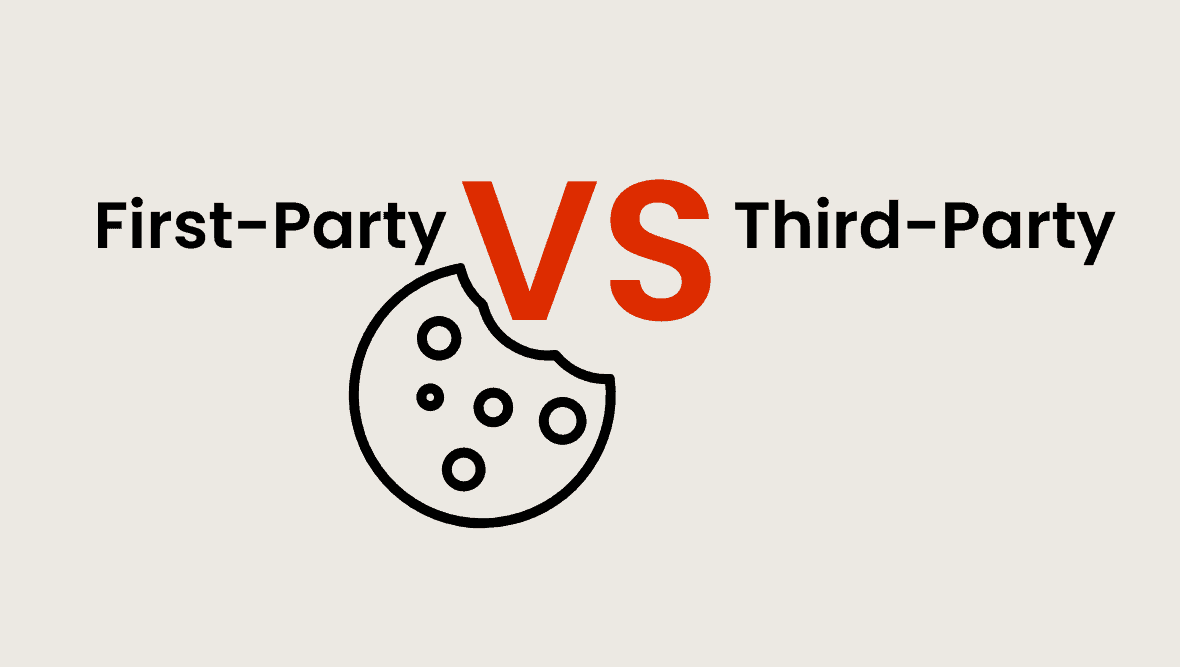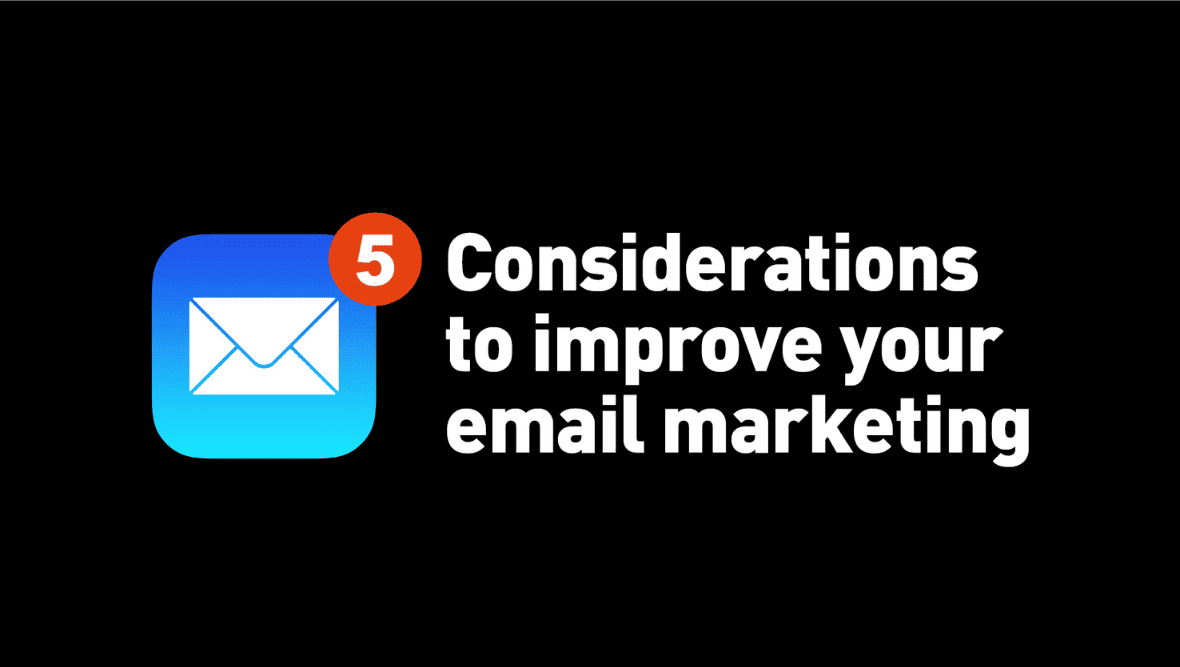
What are Cookies?
Cookies are small files of text that websites send to your browser when you visit.
First Party Cookies
First-party cookies are small data files created and placed on your browser by the website you are visiting.
They are used to remember information about your visit so they can improve your experience on a website during current and subsequent visits to that site.
These cookies can keep consumers logged in, remember site preferences, and store information such as shopping cart contents.
First-party data is collected in places such as:
- Mobile Apps
- Websites
- Social Media
- SMS
- Ecommerce Stores
It can track things such as:
- Purchase history
- Browsing data
- Email engagement
- Ad Clicks
- Abandoned browsers
- Behaviour tracking
Third Party Cookies
Third-party cookies are created by domains other than the one you are visiting directly, hence the name "third-party."
These cookies are often used for online advertising purposes and enable ad networks to track a user’s browsing history across multiple websites that display ads from the same network.
This data helps advertisers deliver ads tailored to a user’s interests and measure the effectiveness of ad campaigns.
Third-party data is collected in places such as:
- Ad networks
- Websites with external advertisements
- Cross-domain tracking tools
- Social Media plugins
- Analytics services
It can track things such as:
- User preferences
- Browsing history
- Cross-site user behaviour
- Ad interaction data
- Segmentation and profiling
- Conversion tracking
What's changing?
Third-Party Cookie Phase Out
The most significant change is the gradual phasing out of third-party cookies due to privacy concerns. Major web browsers like Google Chrome, Mozilla Firefox, and Apple Safari are moving towards eliminating third-party cookies, which have been widely used for tracking users’ browsing habits across different websites to target ads and analyze site performance.
- Google Chrome
Plans to phase out third-party cookies by 2024. Google is developing a set of privacy-first standards, collectively known as the Privacy Sandbox, to replace the functionality of third-party cookies. - Mozilla Firefox
Already blocks third-party cookies by default as part of its Enhanced Tracking Protection. - Apple Safari
Uses Intelligent Tracking Prevention (ITP) to restrict third-party cookies and has been very aggressive in enhancing privacy features.
Increased Use Of First-Party Cookies
With the decline of third-party cookies, there is a shift towards first-party cookies, which are set by the domain the user is visiting.
These cookies help websites remember information about the visitor's preferences or session and are considered more privacy-friendly because they do not track user activity across different sites.
Rise of Alternative Tracking Technologies
New Technology
Federated Learning of Cohorts (FLoC) proposed by Google as part of the Privacy Sandbox, it aims to group users into cohorts based on common browsing behaviours, allowing advertisers to target ads without knowing individual identities.
Server-Side Tagging
A method where data collection logic is moved from the user’s browser to a server, enhancing data privacy.
Unified ID solutions
Various companies are developing new frameworks to replace cookies with privacy-first, consent-based tracking mechanisms.
Why is this happening?
Privacy Concerns
There is a global push for more privacy-focused web browsing in response to increased consumer awareness and discomfort with being tracked across the web.
Regulatory Pressures
Laws such as the General Data Protection Regulation (GDPR) in Europe and the California Consumer Privacy Act (CCPA) in the U.S. have put stringent requirements on how personal data can be collected and used, pushing the industry towards more transparent practices.
Consumer Preference
Users are demanding greater control over their data, including transparency, choice, and the ability to opt-out of data collection, which is not feasible with widespread third-party cookie usage.
What's the impact?
Marketers and advertisers will need to rethink their strategies for targeting and measuring the effectiveness of their ads. The reliance on first-party data will increase, and there will be a greater emphasis on building direct relationships with consumers.
Publishers will need to adjust to potentially lower advertising revenue from cookie-based ads and could look towards subscription models or enhanced first-party data strategies.
Users can expect more privacy-focused browsing experiences, though this might come with trade-offs in terms of content personalisation and potentially more paywalls or subscription-based models as publishers look for new revenue streams.
What can you do today?
- Set up Google Consent Mode v2
- Set up Enhanced Conversions
- Review your Consent Management Platform
- Prepare your business with a First Party Data Strategy
If you need further guidance on how to tackle these changes for your business, get in touch and our digital marketing experts will be on hand to help.


